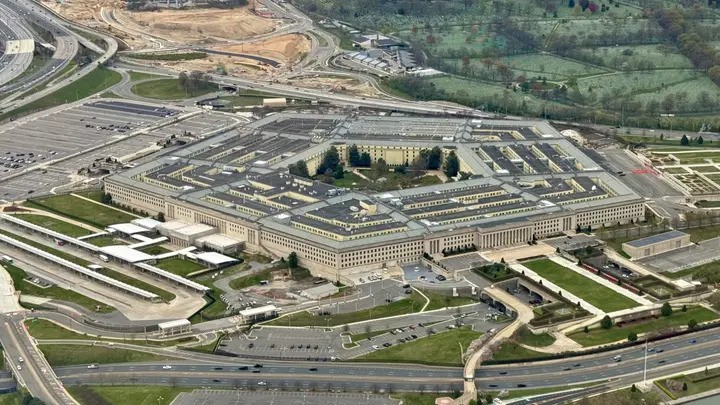The Biden administration is set to deploy an advanced missile defense battery to Israel, along with roughly 100 U.S. troops to operate it, the Pentagon announced Sunday. The move comes at a critical time, following heightened aggression from Iran and its proxy groups, and aims to bolster Israel’s defense capabilities.
A Show of Support for Israel’s Security

The missile defense system, known as Terminal High-Altitude Area Defense (THAAD), is designed to intercept and destroy ballistic missiles during their final phase of flight. Although the system was previously deployed to Israel in 2019 for exercises, this marks the first time THAAD will be fully operational within Israel’s defense network. “The THAAD Battery will augment Israel’s integrated air defense system. This action underscores the United States’ ironclad commitment to the defense of Israel, and to defend Americans in Israel, from any further ballistic missile attacks by Iran. It is part of the broader adjustments the U.S. military has made in recent months, to support the defense of Israel and protect Americans from attacks by Iran and Iranian-aligned militias,” the Pentagon said in a statement.
The U.S. decision follows Iran and its proxies launching massive missile waves against Israel in April and again on October 1. This deployment comes as a direct response to the ongoing threat and highlights the strong alliance between the United States and Israel.
Rising Tensions and a Strained Relationship
The announcement of U.S. troop deployment coincides with a period of chilly relations between President Biden and Israeli Prime Minister Benjamin Netanyahu. Tensions have escalated over how Netanyahu’s government is managing conflicts in Gaza and Lebanon. Defense Department spokesman Maj. Gen. Patrick Ryder stated the move is part of the U.S. efforts to safeguard its ally in the face of mounting threats.
President Biden was succinct when asked about the rationale behind the deployment, stating simply, “To defend Israel.”
Despite the strain, the Biden administration has maintained a commitment to Israel’s defense, emphasizing the strategic importance of the U.S.-Israel alliance.
Calls for Transparency

In recent communications, White House national security adviser Jake Sullivan has reportedly stressed the need for “clarity and transparency” from Israel regarding any planned strikes, especially any retaliatory actions involving Iran. The Biden-Harris administration has grown increasingly vocal in its criticism of Netanyahu’s leadership, although it continues to support Israel’s right to defend itself.
A Heightened Threat from Iran
The decision to deploy THAAD and U.S. troops comes after Iran’s massive missile barrage on October 1. The strike, which resulted in no Israeli casualties, underscored the persistent threat Iran poses as a regional power. “Our trust of the Israelis is very low right now and for a good reason,” a U.S. official told Axios on October 8, reflecting the current state of affairs between the allies.
The Pentagon’s deployment of U.S. troops on Israeli soil is an unusual move, highlighting the gravity of the current threat and the U.S.’s commitment to Israeli security amid the escalating conflict with Iran’s proxies.



